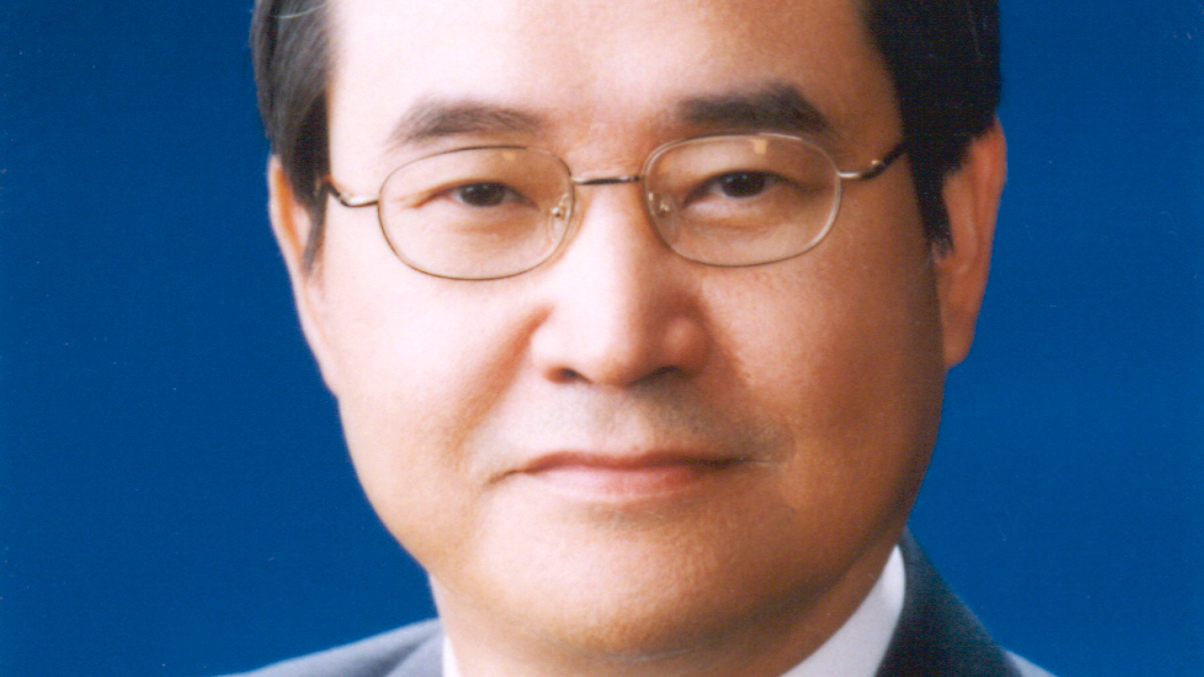Samsung AM connects overseas expansion to local growth
The $94 billion asset-management company is looking to become a top regional player as it helps Korean pension funds increase their overseas exposure, says CEO Kim Suk.

Transforming Samsung Asset Management into a top-tier regional player is an important goal, but it’s not just to build new client business, says CEO Kim Suk. Developing a regional investment capability is also key to retaining a valuable domestic mandate.
Sign in to read on!
Registered users get 2 free articles in 30 days.
Subscribers have full unlimited access to AsianInvestor
Not signed up? New users get 2 free articles per month, plus a 7-day unlimited free trial.
¬ Haymarket Media Limited. All rights reserved.


